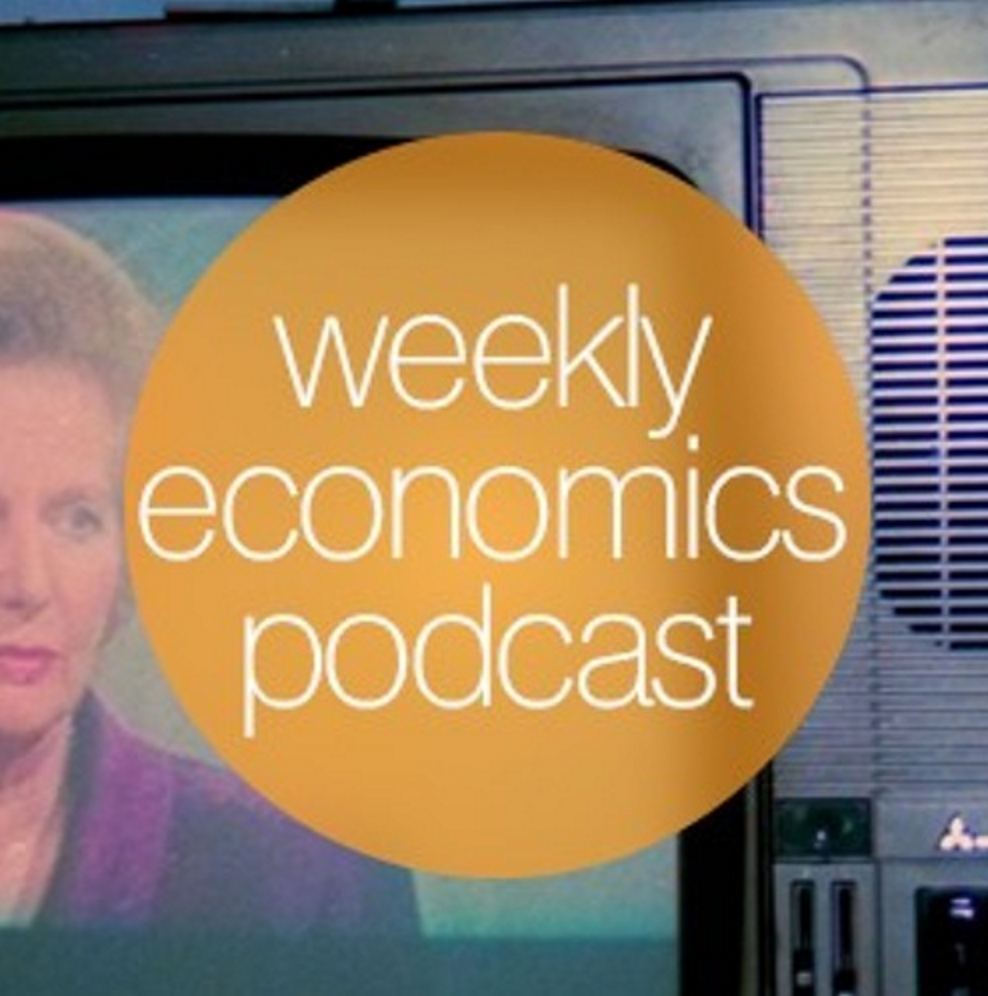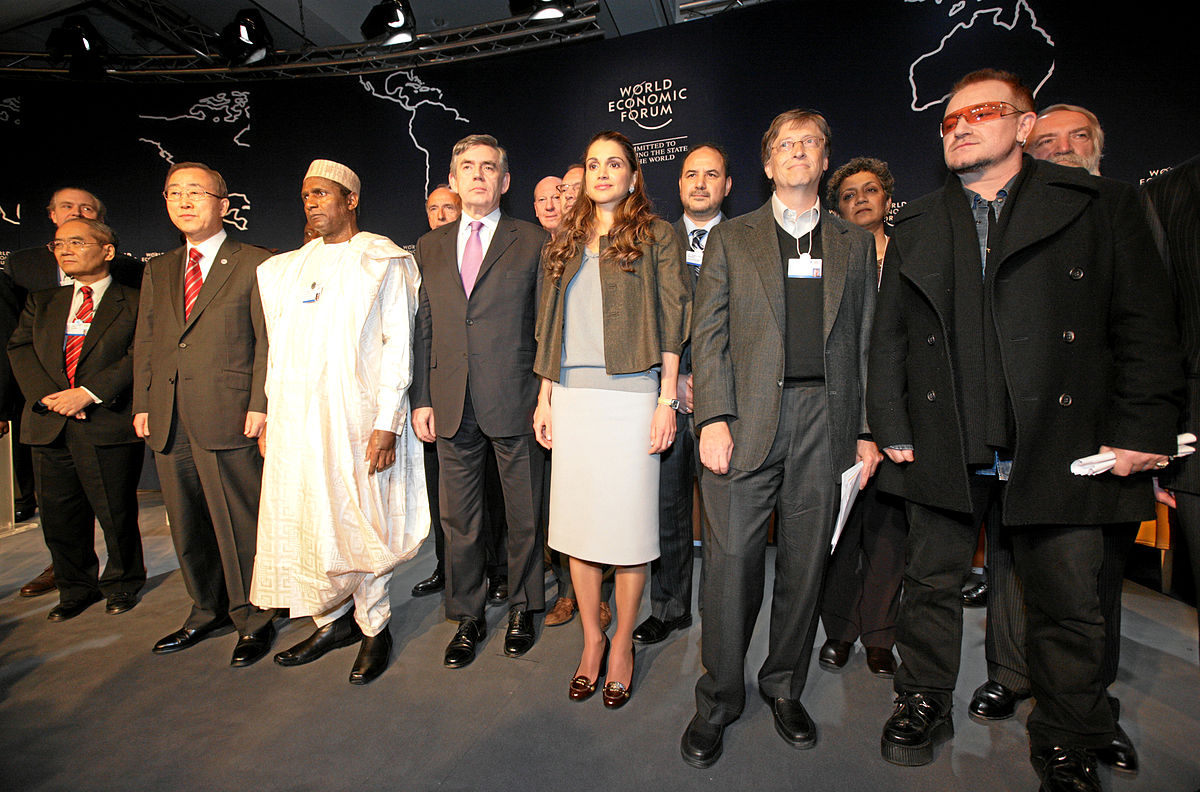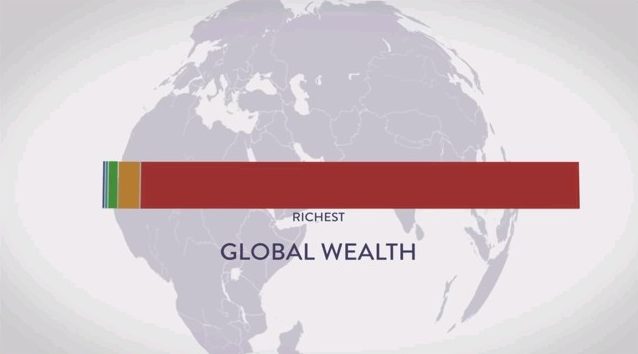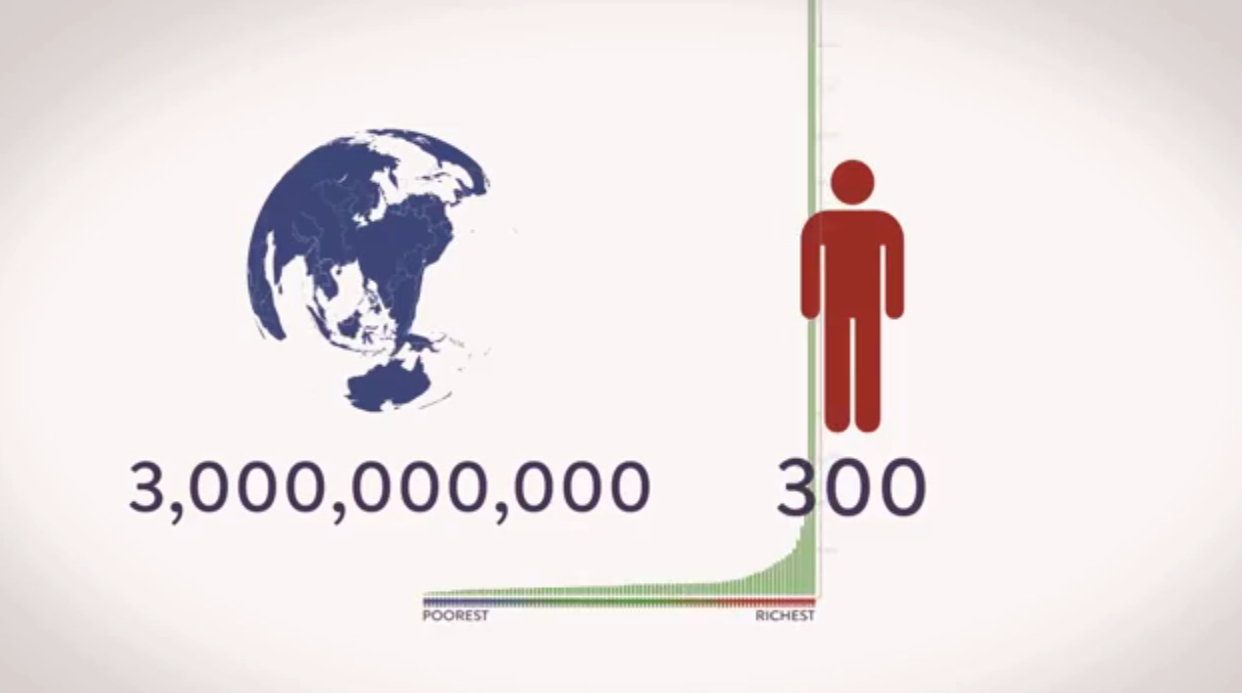In the final episode of a special six-part series for the Weekly Economics Podcast, Kirsty Styles chats to James Meadway, Chief Economist at the New Economics Foundation, about alternatives to neoliberalism.
In the penultimate episode of a special six-part series for the Weekly Economics Podcast, Kirsty Styles chats to James Meadway, Chief Economist at the New Economics Foundation, about how neoliberalism lives on today.
In the fourth of a special series for the Weekly Economics Podcast, Kirsty Styles chats to James Meadway, Chief Economist at the New Economics Foundation about how neoliberalism took hold in the UK in the 1980s.
In the third of a special series for the Weekly Economics Podcast, Kirsty Styles chats to James Meadway, Chief Economist at the New Economics Foundation, about our economic system, the difference between capitalism and neoliberalism and how neoliberalism came to dominate modern day economics.
In the second of a special series for the Weekly Economics Podcast, Kirsty Styles chats to James Meadway, Senior Economist at the New Economics Foundation about how the once obscure ideas of theorist Friedrich Hayek moved from the fringe to the mainstream, ushering in the age of neoliberalism.
In 1972, the Club of Rome published a groundbreaking study titled The Limits to Growth. MIT scientists used computer simulations to create scenarios playing out how exponential growth interacts with finite resources. The findings were devastating. The growth trends in human population, combined with rampant consumption, led to resource depletion,...
In the first of a special series for the Weekly Economics Podcast Kirsty Styles chats to James Meadway, Senior Economist at the New Economics Foundation, about our economic system, the difference between capitalism and neoliberalism and how neoliberalism came to dominate modern day economics.
Feminist Encounter for Latin America, Lima: A Political Manifesto for the Emancipation of Our Bodies
We as feminists affirm that our bodies are produced and transformed by the social relations in which we are immersed. Thus, in capitalist-neoliberal, colonial, patriarchal, heteronormative and racist societies, where relations of domination and exploitation prevail, our bodies are affected by all relations of exploitation, subordination, repression, racism and discrimination....
Alnoor invites us to take a closer look at how money and the current economic structure affect climate change. He explains how climate change is not man-made in the traditional sense, but actually capital-made: every dollar of wealth created heats up our planet. Challenging us to question the current set...
We created the Burn It Down music video to metaphorically burn down the current model, and express the anger, disgust, struggle and catharsis that comes with creating art.
Load more posts
Search
Archives
- July 2018
- April 2018
- March 2018
- December 2017
- September 2017
- August 2017
- July 2017
- June 2017
- April 2017
- March 2017
- February 2017
- January 2017
- December 2016
- November 2016
- October 2016
- September 2016
- June 2016
- May 2016
- April 2016
- March 2016
- February 2016
- January 2016
- December 2015
- November 2015
- October 2015
- September 2015
- August 2015
- July 2015
- June 2015
- May 2015
- April 2015
- March 2015
- February 2015
- January 2015
- December 2014
- November 2014
- October 2014
- September 2014
- August 2014
- July 2014
- May 2014
- April 2014
- March 2014
- February 2014
- January 2014
- December 2013
| M | T | W | T | F | S | S |
|---|---|---|---|---|---|---|
| « Jul | ||||||
| 1 | ||||||
| 2 | 3 | 4 | 5 | 6 | 7 | 8 |
| 9 | 10 | 11 | 12 | 13 | 14 | 15 |
| 16 | 17 | 18 | 19 | 20 | 21 | 22 |
| 23 | 24 | 25 | 26 | 27 | 28 | |









